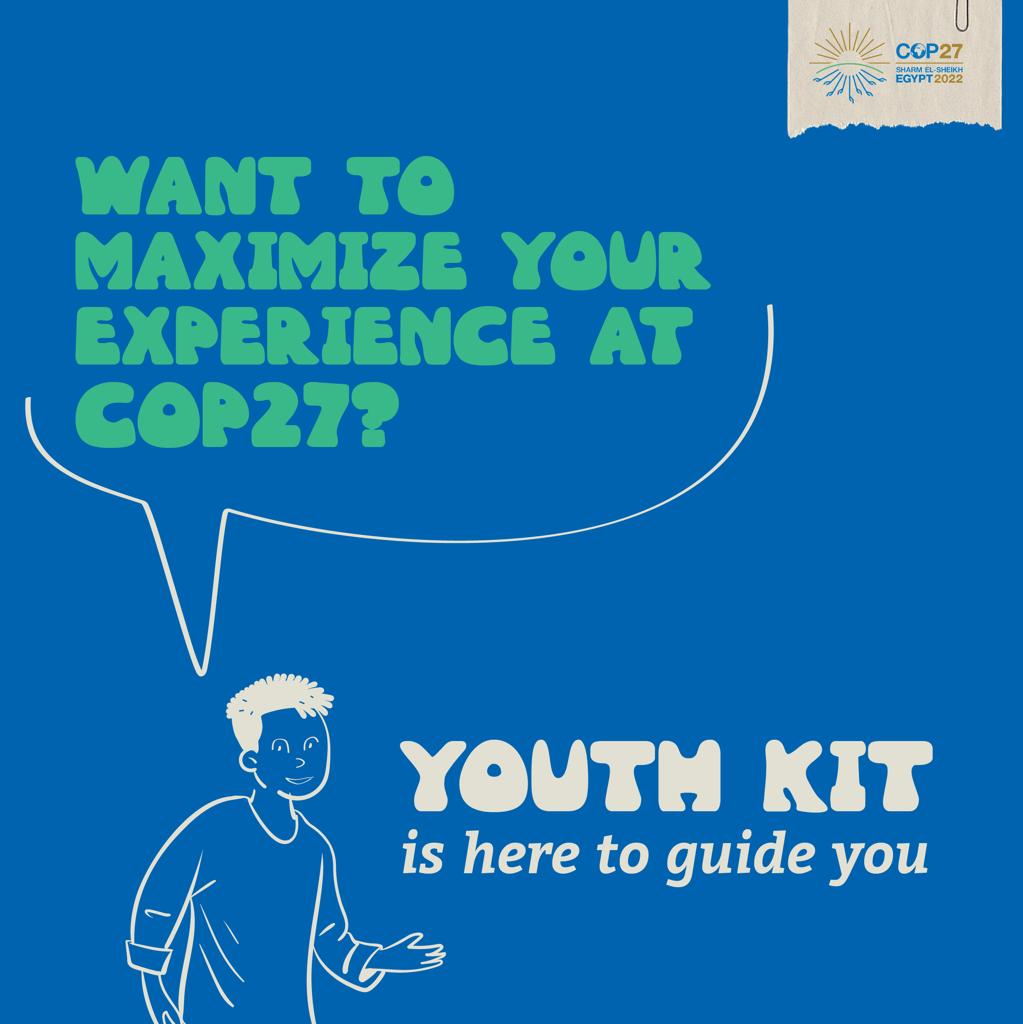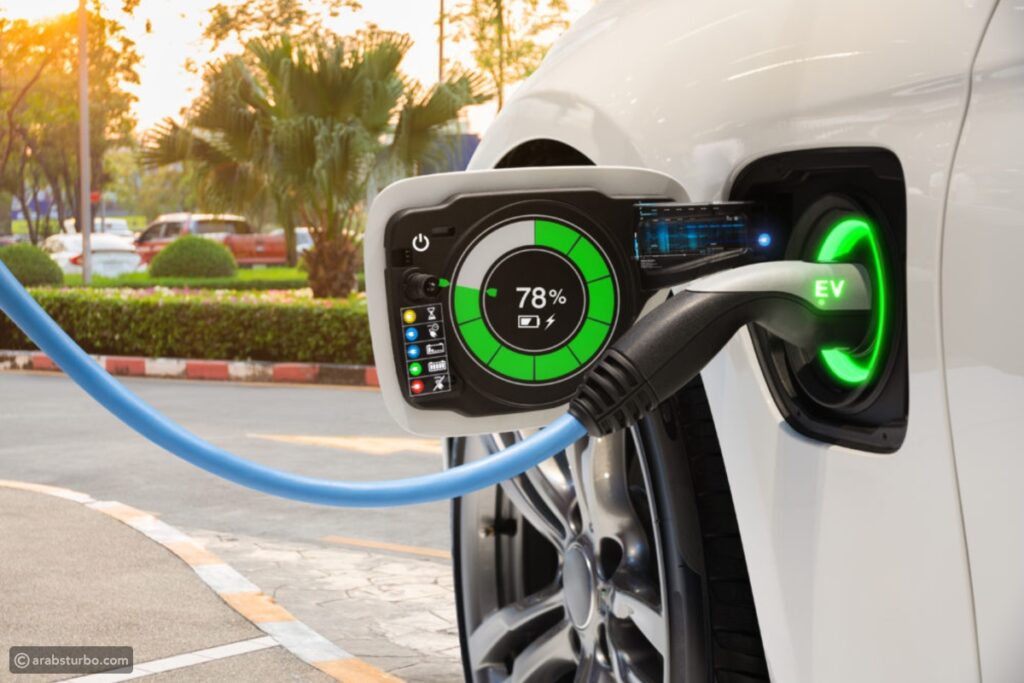Applications to help plan long trips using electric cars have become important to avoid emergency situations, as they help the driver to locate stopping points and charging stations for the batteries, according to Albayan newspaper.
“These applications can be very useful in practical life, especially if the trip uses major traffic routes such as motorways,” wrote Luca Leicht, a journalist specializing in automotive topics.
However, things are not always so simple. The system used to plan a route could lead to missing information about electric vehicle charging points in the navigation system, or the data range may not be accurate because the vehicle’s energy consumption is incorrectly calculated.
According to Laicht, this is better when planning a trip using motion and traffic applications, especially those offered by electric car charging station companies.
“These apps give the user a good general idea of where charging points are located, and quickly reach their limits when it comes to wayfinding and data accuracy,” says Laicht.
However, applications do not know everything. For example, these applications are not useful when searching for alternative routes when an emergency occurs on the main road, nor do they provide information about the traffic situation on the road. Moreover, most traffic applications cannot accurately calculate the rate of battery power consumption.
This is a major shortcoming in navigation apps for electric vehicle drivers, says Hans Roheimer, an auto journalist.
He added, “Until now, there are no unified standards for accessing the necessary data in the car, such as the battery charge level and other indicators.”
He added that he hopes automakers will make such data available in the future through apps such as Apple CarPlay and Android Auto, for example.
For this to happen, electric vehicle drivers must add such data directly to apps used in trip planning.
But calculations like these have their limitations: “So having an integrated navigation system in the car is usually useful in these cases,” because the navigation system usually knows the battery charge level in an accurate way, and in some cases takes into account the influence of external factors such as weather, temperature and nature. The topography of the road, which reduces or increases the rate of energy consumption of the vehicle.
Also, there is no trip planning application with information about all available charging stations, and this also applies to car navigation systems, so it is better to combine the navigation system with a trip planning application. If the car is equipped with a navigation system, a trip planning application must be present as a backup, and vice versa Also, according to Jörg Maltsan, a consultant in the field of roads and mobility.












